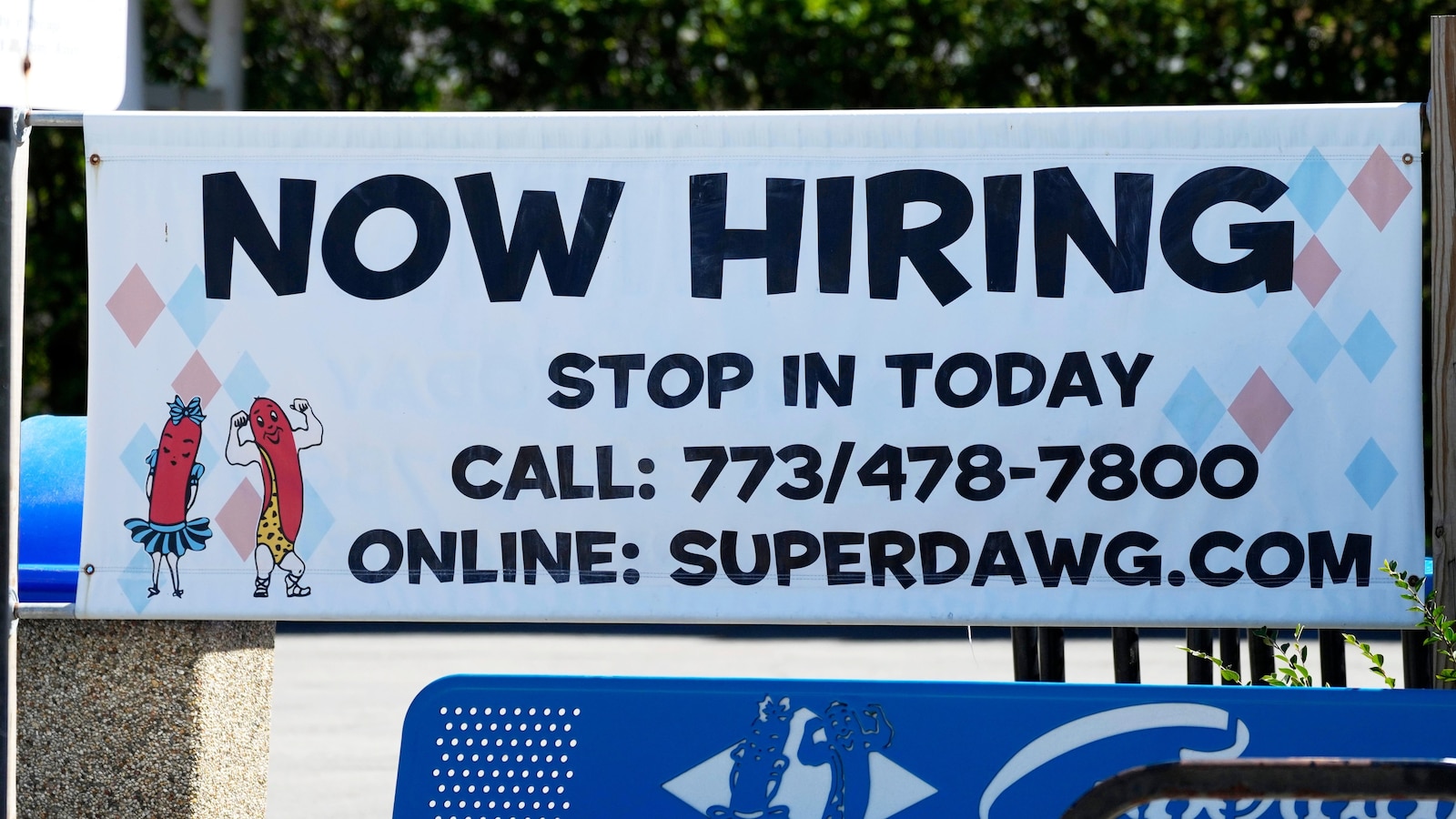
GENEVA — A Swiss criminal court on Friday sentenced four members of the billionaire Hinduja family with between four and 4 1/2 years in prison for exploiting their vulnerable domestic workers while at the same time dismissing the more severe charges of human trafficking.
The abuse by Indian-born tycoon Prakash Hinduja and his wife, son and daughter-in-law included seizing the passports of the workers, mostly illiterate Indians employed at their luxurious lakeside villa in Geneva. The Hindujas also paid the workers in Indian rupees — not Swiss francs — in banks at home, which they couldn’t access.
The four were not in court in Geneva though a fifth defendant — Najib Ziazi, the family’s business manager — was in attendance. He received an 18 months suspended sentence.
Lawyers representing the defendants said they would appeal.
The court said the four were guilty of exploiting the workers and providing unauthorized employment, such as by giving meager if any health benefits and paying wages that were less than one-tenth the pay for such jobs in Switzerland. It dismissed the trafficking charges on the grounds that the staff understood what they were getting into, at least in part.
The four Hindujas also barred the domestic workers from leaving the villa and forcing them to work excruciatingly long hours, among other things.
Prakash Hinduja and his wife Kamal received each 4 1/2 year sentences, while their son Ajay and his wife, Namrata, were sentenced each to four years. The trial opened June 10.
Last week, it emerged in criminal court that the family — which has roots in India — had reached an undisclosed settlement with the plaintiffs. Geneva prosecutors opened the case for alleged illegal activity including exploitation, human trafficking and violation of Swiss labor laws.
The family set up residence in Switzerland in the late 1980s, and Prakash was already convicted in 2007 on similar, if lesser charges, though prosecutors say he persisted in employing people without proper paperwork anyway.
Swiss authorities have already seized diamonds, rubies, a platinum necklace and other jewelry and assets from the family in anticipation that they could be used to pay for legal fees and possible penalties.
Prosecutors said that at times the staffers — in jobs like cooks or house help — were forced to work up to 18 hours a day with little or no vacation time off. One ailing employee got stuck with a hospital bill of over 7,000 francs (dollars), and the family only agreed to pay half, the court said.
Employees worked even later hours for receptions and slept in the basement of the villa in the upscale Cologny neighborhood — sometimes on a mattress on the floor, prosecutors said. They described a “climate of fear” instituted by Kamal Hinduja.
Some employees allegedly spoke only Hindi and were paid their wages in Indian rupees in banks back home that they couldn’t access.
A separate tax case brought by Swiss authorities is pending against Prakash Hinduja, who obtained Swiss citizenship in 2000.
Along with three brothers, he is a leader of an industrial conglomerate in sectors including information technology, media, power, real estate and health care. Forbes magazine currently puts the net worth of the Hinduja family at some $20 billion.
A Swiss court is currently set to decide on a high-profile case involving alleged human trafficking of Indian individuals by a billionaire family. The case has garnered significant attention both in Switzerland and internationally, as it sheds light on the dark underbelly of human trafficking and exploitation.
The allegations against the billionaire family, whose identity has not been disclosed to the public, include the trafficking of Indian individuals for the purpose of forced labor and exploitation. The victims, mostly from marginalized communities in India, were allegedly lured to Switzerland with promises of lucrative job opportunities and a better life, only to be subjected to horrendous working conditions and abuse.
The case came to light when several victims managed to escape and seek help from local authorities. They shared harrowing accounts of being forced to work long hours in deplorable conditions, with little to no pay and no means of escape. Some victims also reported physical and emotional abuse at the hands of their traffickers.
The billionaire family has denied the allegations, claiming that they were unaware of any wrongdoing and that the individuals in question were employed legally. However, evidence presented in court suggests otherwise, with documents and testimonies pointing to a well-organized trafficking operation that exploited vulnerable individuals for profit.
The outcome of this case is crucial not only for the victims seeking justice but also for the fight against human trafficking worldwide. It serves as a stark reminder of the pervasive nature of modern-day slavery and the need for stronger laws and enforcement mechanisms to combat this heinous crime.
As the Swiss court prepares to deliver its verdict, there is hope that justice will be served and that those responsible for perpetrating such atrocities will be held accountable. It is imperative that society continues to shine a light on cases like these and work towards eradicating human trafficking in all its forms. Only then can we truly ensure the protection and dignity of all individuals, regardless of their background or circumstances.


